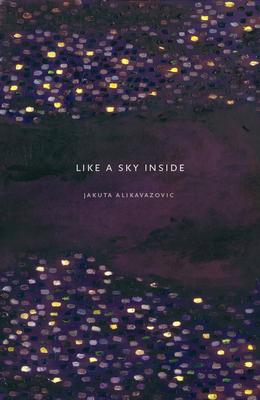In March 2020, a young woman spends the night in the Louvre. At home: her nine-month-old son. In her overnight bag: a notebook, a toiletry kit, a duvet, a cube of nougat, and something that shouldn't be there. In her head: memories of the Venus de Milo, of land art and the American road, of romance and travel and immigration and war --and of her father, who after each of their many visits to the Louvre would ask just how she'd go about stealing the Mona Lisa. An insightful and heartfelt meditation on the possibilities and impossibilities of art, on parenthood and the betrayals of growing up, on foreignness and belonging, and on the secret conversations between our souls and the places that linger in our dreams.
Let's go back even further, my father said. It's not even certain that the original purpose of what we call art was to be seen.
In a way, we could go so far as to say that art, what we call art, is made less to be seen than to be stolen.
Winner of the Prix Medicis Essai 2021
